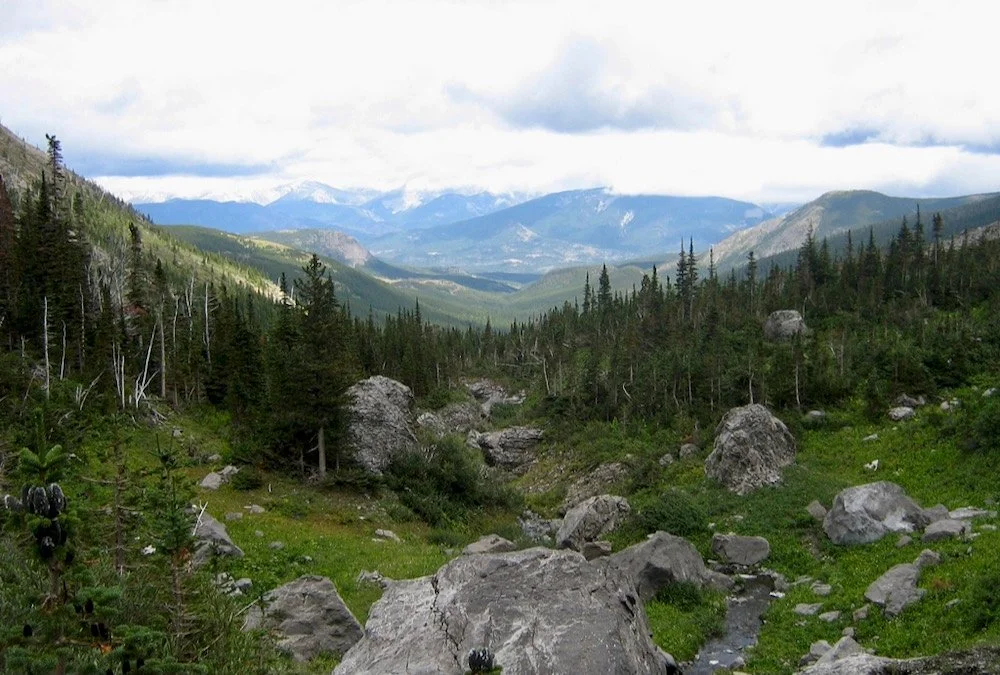It has been a divided month weather-wise throughout April. Most of the month featured a blocking pattern that led to relentless clouds, fog, and drizzle for eastern Newfoundland, with fair conditions in other parts of that province and for most of Nova Scotia, New Brunswick and Prince Edward Island. There is one common trend across the entire region, though — it’s dry. How dry? While we have a few days left to add to these numbers, there’s little precipitation ahead for Atlantic Canada to finish the month.
Lower water levels affecting Canadian crop shipments
Although the lower river levels of the Mississippi River are perhaps better documented as affecting the movement of product into and through the US, Canada’s St. Lawrence River is also experiencing its shortcomings. The St. Lawrence River route with ports on both the US and Canadian sides moves a lot of agricultural products—about 40 percent of the Seaway’s trade. Note that the St. Lawrence route also moves cargo down via the Mississippi into the US, and vice versa.
Water outlook ‘bleak’ as glaciers recede in Rocky Mountains
Where fly fisherman Shane Olson once paddled summer tourists around in a boat, he now guides them by foot — carefully navigating shallow waters one step at a time. “Every year, these rivers seem to be getting smaller, faster,” the 48-year-old said as he whipped a fishing line over the Crowsnest River. “We are pushing it to the absolute breaking point” During the second half of this century, most Canadian Rocky glaciers will melt, according to a 2019 study in Water Resources Research. The region’s water outlook will be “bleak” long before then, said University of Lethbridge geographer Christopher Hopkins. Currently, warmer temperatures are causing mountain snow and ice to melt earlier in the year, increasing the likelihood of summertime water shortages, according to research published last year in Environmental Reviews.




